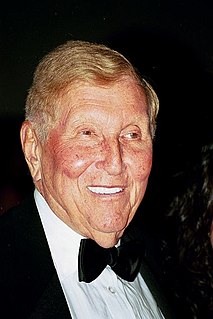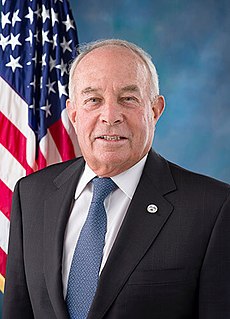A Quote by Marco Rubio
We've learned more from the newspapers sometimes than we do from our open hearings, for sure.
Related Quotes
We travel, initially, to lose ourselves; and we travel, next to find ourselves. We travel to open our hearts and eyes and learn more about the world than our newspapers will accommodate. We travel to bring what little we can, in our ignorance and knowledge, to those parts of the globe whose riches are differently dispersed. And we travel, in essence, to become young fools again- to slow time down and get taken in, and fall in love once more.
The world has so many lessons to teach you. I consider the world, our earth, to be like a school, and our life, the classrooms. Sometimes on our planet life school, the lessons often come dressed up as detours and road blocks and sometimes as full blown crises. And the secret I've learned to getting ahead is being open to the lessons.
To be sure, not all moments are equally fleeting. Some moments last longer than others. And certain events do reoccur more than once and even recur repeatedly. Sometimes you do get more than one chance. Sometimes you don't. It helps to know how long a window of opportunity you have and if you'll get another chance.
If any one faculty of our nature may be called more wonderful than the rest, I do think it is memory. There seems something more speakingly incomprehensible in the powers, the failures, the inequalities of memory, than in any other of our intelligences. The memory is sometimes so retentive, so serviceable, so obedient; at others, so bewildered and so weak; and at others again, so tyrannic, so beyond control! We are, to be sure, a miracle every way; but our powers of recollecting and of forgetting do seem peculiarly past finding out.
In terms of technology and science, tomorrow does know more than yesterday; but when it comes to emotions, living with uncertainty, terror, I'm not sure we know any more than Shakespeare did, or the Buddha. And the power of new things - the iPhone or Facebook - is so strong and intoxicating that we sometimes forget that none of them can fundamentally change our relation to ourselves and to what matters.
Our media, which is like a planetary nervous system, are far more sensitive to breakdowns than to breakthroughs. They filter out our creativity and successes, considering them less newsworthy than violence, war, and dissent. When we read newspapers and watch television news, we feel closer to a death in the social body than to an awakening.
































